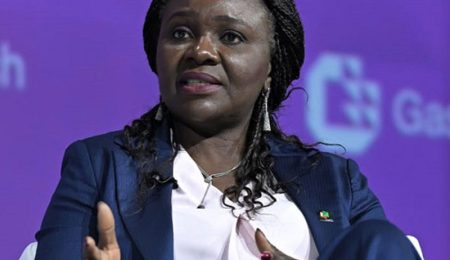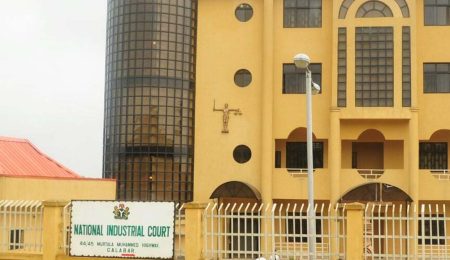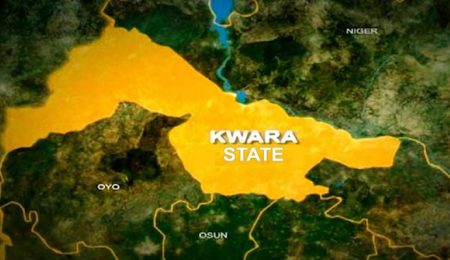Oil and Gas Consultant, Kelvin Emmanuel has sharply criticised the Nigerian government’s continued retention and funding of non-functional state-owned refineries, describing it as an “unhealthy obsession” with loss-making assets that have no future.
Speaking during an interview with Arise News on Thursday, Emmanuel said that the three state-owned refineries in Port Harcourt, Warri, and Kaduna remain liabilities that are draining public resources. He argued that despite costing over ₦200 billion annually in overhead and staffing expenses, the refineries are “not bringing any value” to Nigeria’s economy.
“The three government‑owned refineries are a liability on the books of NNPC,” Emmanuel stated.
“It costs them nearly ₦200 billion per year in overhead, staff cost, cost of maintenance, and a whole lot of other expenses. They are not bringing any value.”
He questioned why the Nigerian National Petroleum Company Limited (NNPCL) continues to carry the assets on its balance sheet when they have consistently failed to operate at capacity.
“So I don’t see the reason why the refineries are still on the books of NNPC,” he said. “The government has an unhealthy obsession with state‑owned assets that are not working and that are never going to work.”
Over the last decade, successive administrations have committed billions of naira to rehabilitating Nigeria’s ailing refineries, with little to show. The government had previously announced that the Port Harcourt refinery would be operational by December 2023, a deadline that has since shifted.
Emmanuel argued that even if any of the refineries were to resume partial operations, they would still be uncompetitive due to Nigeria’s broader economic and infrastructure constraints. He pointed out that refinery operations rely heavily on access to forex and stable energy supply, two factors Nigeria continues to struggle with.
“Refining is a forex business,” he said.
“Everything from the replacement of spare parts to catalyst to chemicals to the control panels, these are all dollarised. You have to have forex to operate.”
“How do you run a refinery in a country that doesn’t have electricity?”
He also noted that refining crude oil profitably requires a complex logistics network and infrastructure that Nigeria’s outdated refineries were never designed for making them structurally incapable of competing with modern, privately-run alternatives like the Dangote Refinery.
Emmanuel argued that the national conversation around these refineries has become more political than practical. Instead of focusing on optimizing Nigeria’s downstream sector or encouraging open-market competition, the government continues to double down on “dead weight” infrastructure for populist reasons.
“We need to get away from this emotional attachment to assets that are economically irrational,” he said.
He urged the federal government to stop subsidising inefficiency, suggesting that these refineries be completely privatised or sold off, and the resources redirected toward productive ventures that would benefit Nigerians long-term.
“What’s the rationale for holding onto loss-making assets in a country with extreme poverty and rising debt?” he asked rhetorically.
Beyond the refineries, Emmanuel also touched on the broader structural problems in Nigeria’s oil and gas sector including the NNPC’s transformation into a limited liability company, which he argued has not brought the level of efficiency or accountability many had hoped for.
He warned that the current path marked by unsustainable subsidies, bloated government monopolies, and a lack of competitive pricing will continue to hurt Nigeria’s economy and block foreign investment.
“If we want to attract real investment, create jobs, and power our industries, we need to act like a serious economy, not one that keeps reviving assets from the grave.”
Erizia Rubyjeana
Follow us on:


